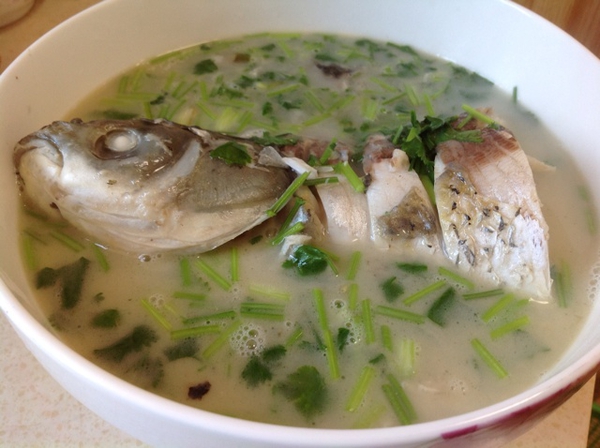一碗心灵鱼汤
A Bowl of Fish Soup
最近我到一个朋友家做客,共进晚餐。她花了很多心思烹制了很棒的鱼汤,但她小学三年级的女儿却说不喜欢喝。她的妈妈用尽各种方法劝她,比如这个汤多么有营养啦,自己花了多少时间和心思做啦,可女儿就是不肯。我就问小女孩,是不是不喜欢喝汤。女孩说她喜欢喝番茄鸡蛋汤,妈妈烧的鱼汤有腥味,所以不喜欢。我就跟她说,我也喜欢喝番茄鸡蛋汤,因为这是普通人都能够接受的大众味道;但是妈妈烧的这个鱼汤有点高级,并不是每个人都有机会喝到,更无法体会到它的特别。我问她想不想做一个比较特别的人,如果是的话,不妨尝尝,感受一下它跟普通汤的不同。结果,小女孩主动去盛了一碗汤喝。
这件事给我的心得就是,无论教育孩子还是在工作、生活上需要说服别人时,就事论事的摆事实、讲道理不一定能解决问题,达成目的。人是情感动物,底层逻辑是情绪而非理智。多一些理解和尊重,站在对方的角度来思考就很重要。用心了解对方心里的真实需求,因材施教、对症下药,才能够达到事半功倍的效果。

I was invited to have dinner at one friend’s recently, who has put a lot of time into making this very delicious fish soup. Her daughter of third grade in primary school, however, was not a big fan of it, and turned her mother down repeatedly, in spite of her mother several trials her to persuade her by telling her that it was of good nutrition and that she has spent a good amount of time making it. I therefore asked her daughter if she disliked soup in general. She replied and said that she preferred soup of tomato and eggs because the fish soup had a peculiar taste. I told her that I myself like the soup of tomato and eggs too, but the fish soup made by her mother is really one of a kind that normally people would not get the chance to taste its special flavor. I then encouraged her to be the special person that gets to grab a spoon, and the result is, she did.
My lesson learned out of this experience is that, when it comes to educating children, or convincing others, putting facts and reasoning on the table may not be the best solution to achieve the goal. We human beings are living creatures with emotions, and thus the underlying logic should be emotions rather than rationality. It is therefore important to think from the other people’s perspective and walk in their shoes. Only when we understand their true needs and provide what is truly needed, can we attain the objective with half the effort.